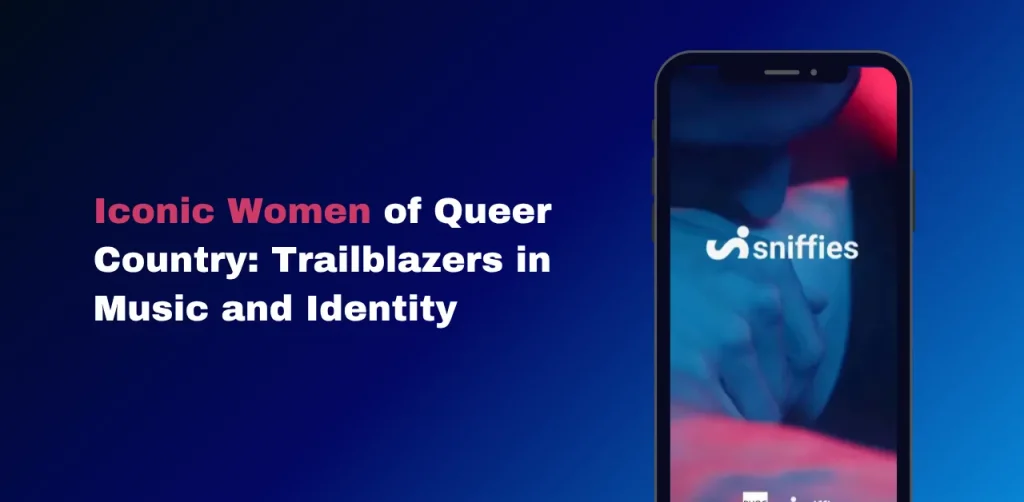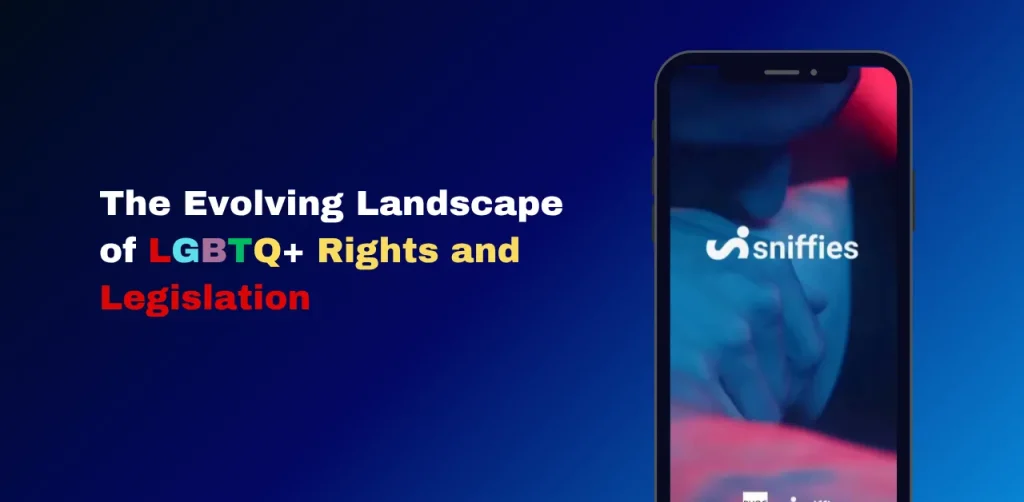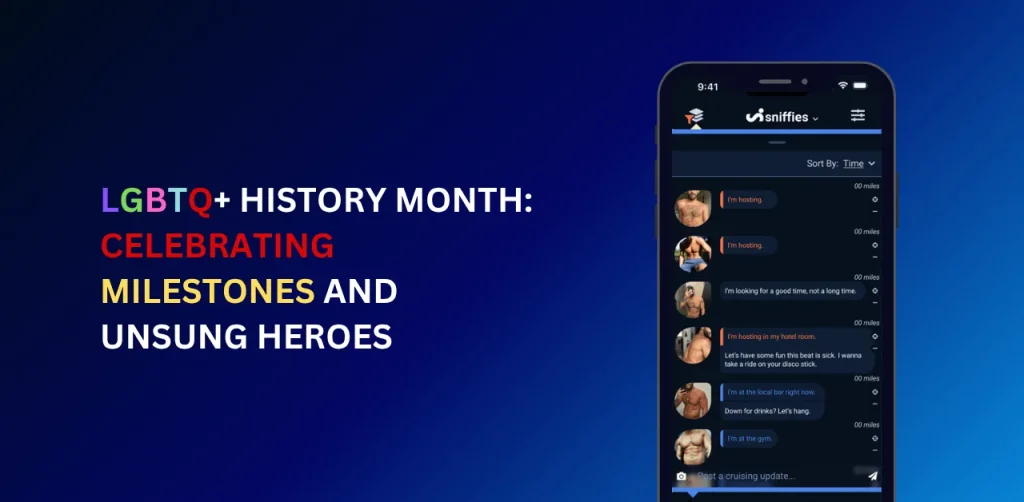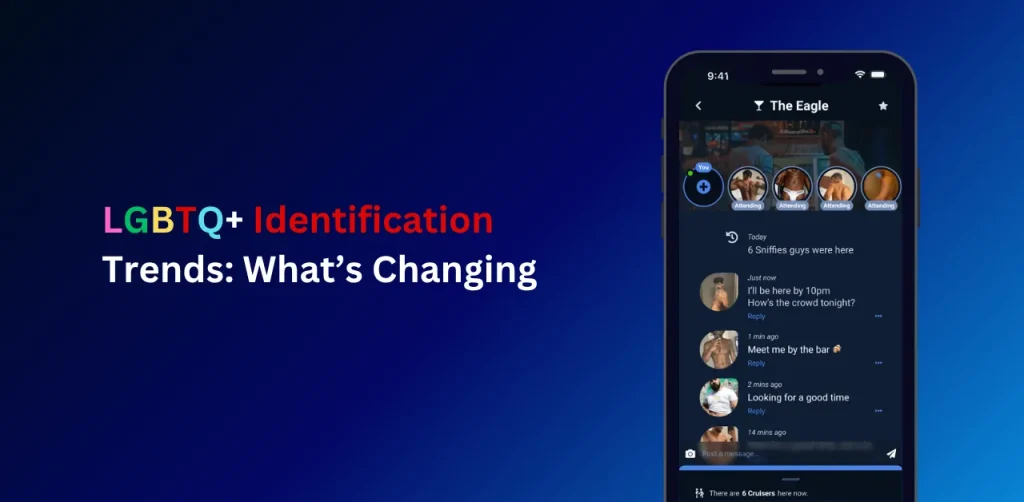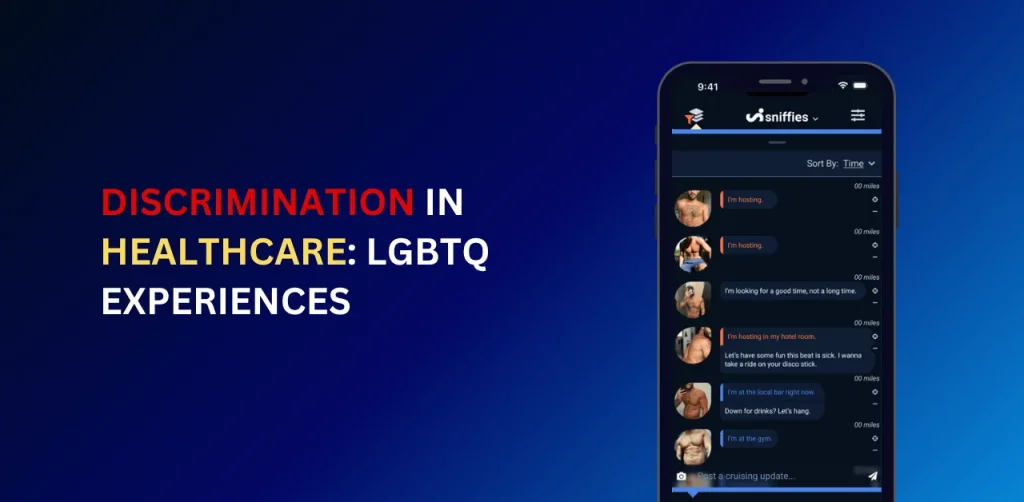What Was Obergefell v Hodges? | Supreme Court’s Ruling
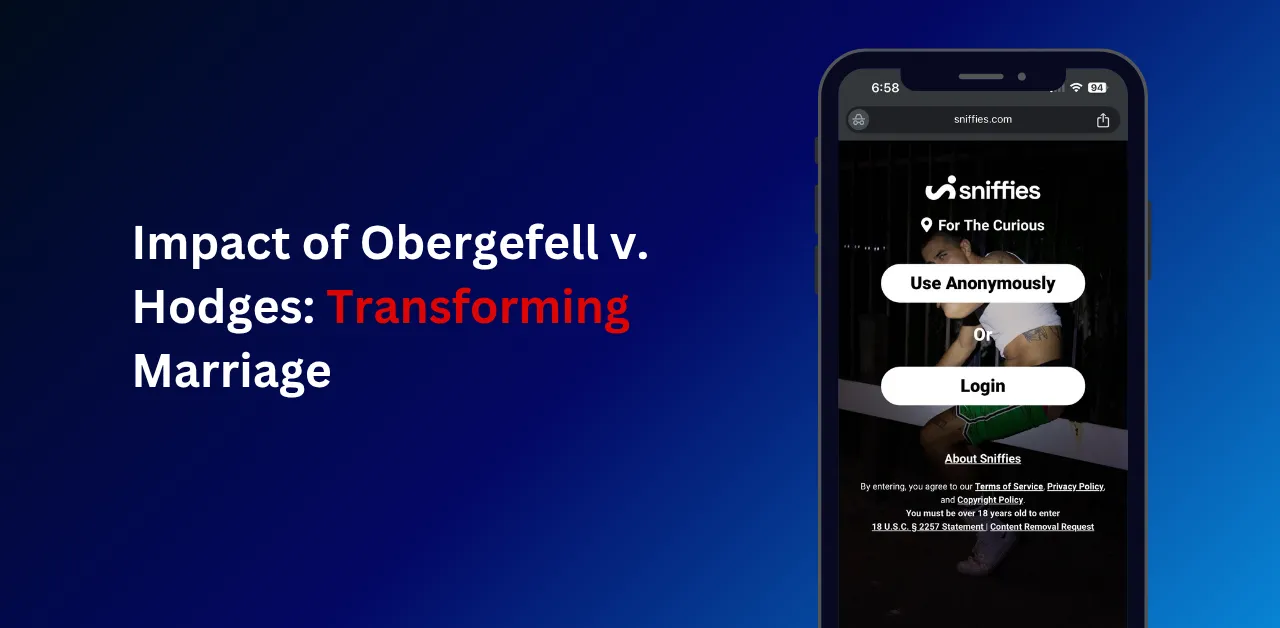
Obergefell v. Hodges combined lawsuits from Ohio, Michigan, Kentucky, and Tennessee, where same-sex couples challenged state laws banning marriage or recognition of out-of-state marriages. Jim Obergefell, the lead plaintiff, sought to have his Maryland marriage to John Arthur recognized on Arthur’s Ohio death certificate after Arthur’s passing. The Supreme Court’s ruling on June 26, 2015, declared state bans unconstitutional, ensuring same-sex couples could marry and have their marriages recognized everywhere in the U.S.
Obergefell v Hodges Legal Foundations
The decision rested on two key principles:
Legal and Economic Impacts of Obergefell v. Hodges
Nationwide Legalization
Before Obergefell, only 36 states and Washington, D.C., allowed same-sex marriage. The ruling mandated all states to issue and recognize same-sex marriage licenses, ending patchwork laws. By 2023, the U.S. Census Bureau reported 980,000 same-sex households, with 60% married, showcasing the ruling’s widespread effect.
Economic Benefits
The Williams Institute estimated that same-sex weddings added $1.58 billion to the U.S. economy by 2016, generating $102 million in tax revenue. Couples gained access to:
Societal and Cultural Changes
Increased Acceptance
The ruling boosted public support for same-sex marriage, rising from 54% in 2014 to 71% by 2023, according to Gallup. It fostered cultural shifts, with media like NPR highlighting couples marrying immediately after the decision. Social media platforms, including X, reflect ongoing celebrations of the ruling’s anniversary, though some posts note resistance from groups like the Southern Baptist Convention.
Reduced Stigma
Obergefell decreased minority stress, improving mental health outcomes for LGBTQ+ individuals. A 2016 study showed lower suicide attempt rates among queer youth in states with marriage equality.
Ongoing Resistance
Despite progress, challenges remain. Some states, like Alabama, saw officials resist issuing licenses, citing religious objections. Posts on X highlight concerns about potential overturning, especially after Roe v. Wade’s reversal, with 26 states having trigger laws that could limit marriage equality if Obergefell is challenged.
Health and Well-Being Impacts
Mental Health Gains
Marriage equality reduced chronic stress from discrimination, lowering anxiety and depression rates. A National Center for Biotechnology Information study found improved mental health among LGBTQ+ couples post-Obergefell.
Healthcare Access
Same-sex spouses gained spousal insurance, critical for transgender individuals facing healthcare barriers. For example, a Tennessee couple accessed gender-affirming care through spousal benefits after the ruling.
Ongoing Challenges and Vulnerabilities
Legal Threats
The 2022 Dobbs decision overturning Roe v. Wade raised fears about Obergefell’s stability. Justices Thomas and Alito suggested revisiting the ruling, and X posts note that the Respect for Marriage Act (2022) doesn’t fully protect state-level marriage rights.
Religious Liberty Conflicts
Debates persist over religious exemptions. Some public officials and businesses refuse services to same-sex couples, citing First Amendment rights. These issues may lead to future litigation.
Broader Equality Gaps
Obergefell didn’t address employment or housing discrimination. Advocacy for the Equality Act continues to seek comprehensive protections.
How to Support Marriage Equality
For Individuals
For Businesses
Conclusion: Building on Obergefell’s Legacy
Obergefell v Hodges reshaped America by securing marriage equality, boosting economic activity, and improving health outcomes. Yet, challenges like legal threats and ongoing discrimination highlight the need for continued advocacy. By supporting inclusive policies and communities, we can protect and expand this landmark’s legacy. Check out our latest article Mental Health Challenges for Transgender Youth

